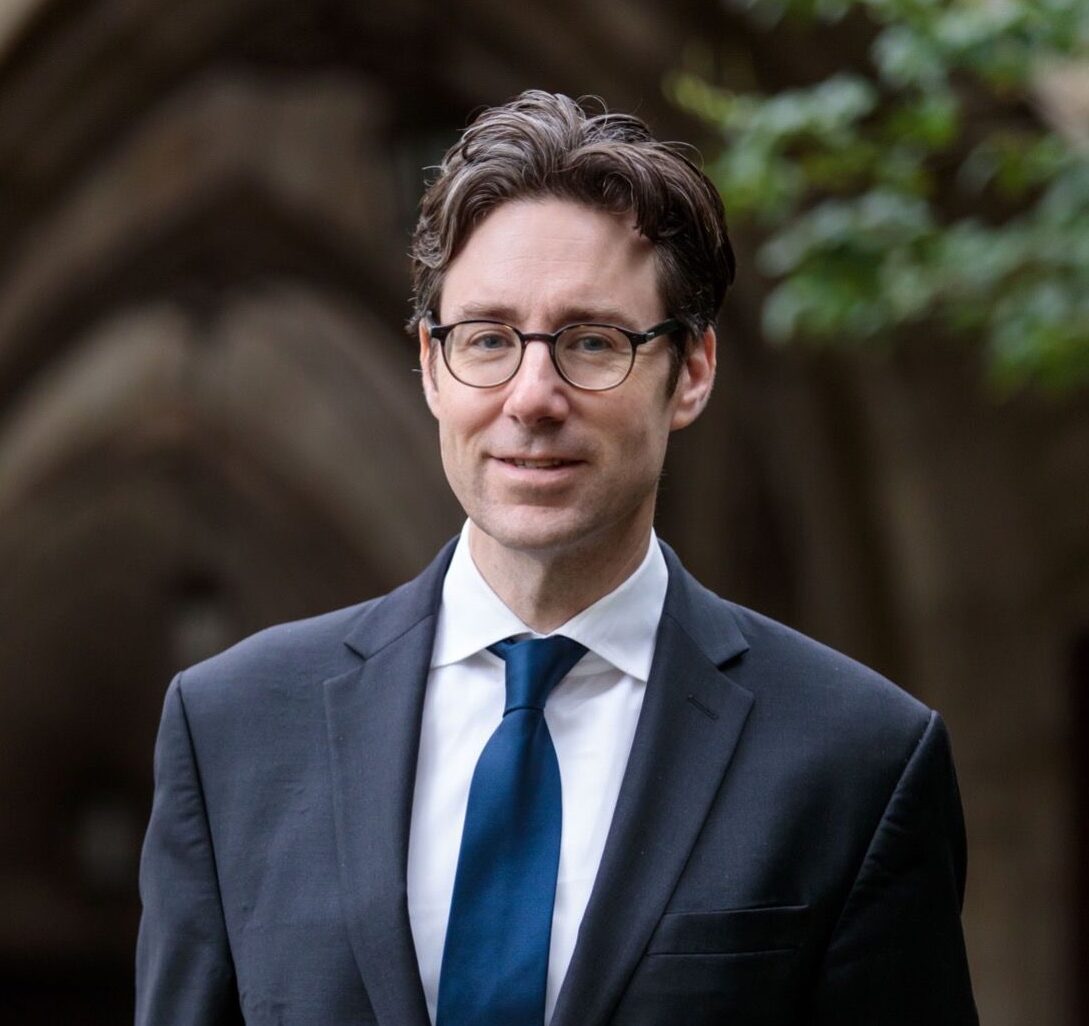H-190. An Environmental History of the Book
Eric Slauter
Course Length: 30 hours
Course Week: 3-8 August 2025
Format: in person, University of Chicago in Chicago, IL
Fee: $1,495
How has the natural world shaped—and been shaped by—the book? This course explores the emerging field of the environmental history of communication, examining case studies chiefly from North America and Western Europe over the last six centuries (from manuscript to printed and digital books) to help participants consider the production, consumption, and preservation of books from the perspectives of material origins and supply chains, resource choice and allocation, technological change, and energy use.
Our hands-on course will be anchored in the rare books, manuscripts, and archives housed at the University of Chicago’s Hanna Holborn Gray Special Collection Research Center, including outstanding holdings in the history of science (the John Crerar Collection of Rare Books in the History of Science and Medicine) and literature (the Helen and Ruth Regenstein Collection of Rare Books) as well as the production archives of one of the largest academic publishers in the United States (the University of Chicago Press) and the corporate archives of one of the world’s largest printers (R. R. Donnelley and Sons).
Discussions, presentations, field trips, and experiences will combine close attention to individual books (such as Benjamin Franklin’s writings on electricity, Henry David Thoreau’s Walden, and Rachel Carson’s Silent Spring) as well as some secondary studies designed to illuminate the people, plants, animals, and machines that helped bring them into being.
Looking intensively at individual books and drawing on the findings of modern conservation science, we will investigate a series of overlapping topics: the natural origins of component parts of books (parchment, paper, ink, type, glue); the environmental impact of changes in materials and methods of bookmaking (before and after industrialization); shifts in the methods of book distribution; alterations in the ecology and nature of reading (by candle and Kindle); and the sustainability of modern rare book storage systems and preservation practices.
The course has no prerequisites and is broadly directed to anyone—teachers and students, conservators and librarians, booksellers and book buyers—curious about the relation of books to the natural world, interested in the environmental humanities, and intrigued by the idea of a total history of the book.
Course History
Faculty

Eric Slauter
Eric Slauter is Deputy Dean of the Humanities, Associate Professor of English, and Director of the Karla Scherer Center for the Study of American Culture at the University of Chicago. A specialist in American cultural and political history, Slauter is an elected member of the American Antiquarian Society and the Massachusetts Historical Society. He has chaired the faculty board of the University of Chicago Press and served as visiting editor at the William and Mary Quarterly, the leading journal of early American history. The author of The State as a Work of Art: The Cultural Origins of the Constitution and essays on the language of rights and equality in early America, he is completing a book on the origins, meanings, and afterlives of the Declaration of Independence, based on lectures recorded for the Gilder Lehrman Institute of American History in New York City. Slauter has taught courses and seminars on the history of the book in America at the University of Chicago, and is at work on Walden’s Carbon Footprint: People, Plants, Animals, and Machines in the Making of an American Classic.
Full Bio »